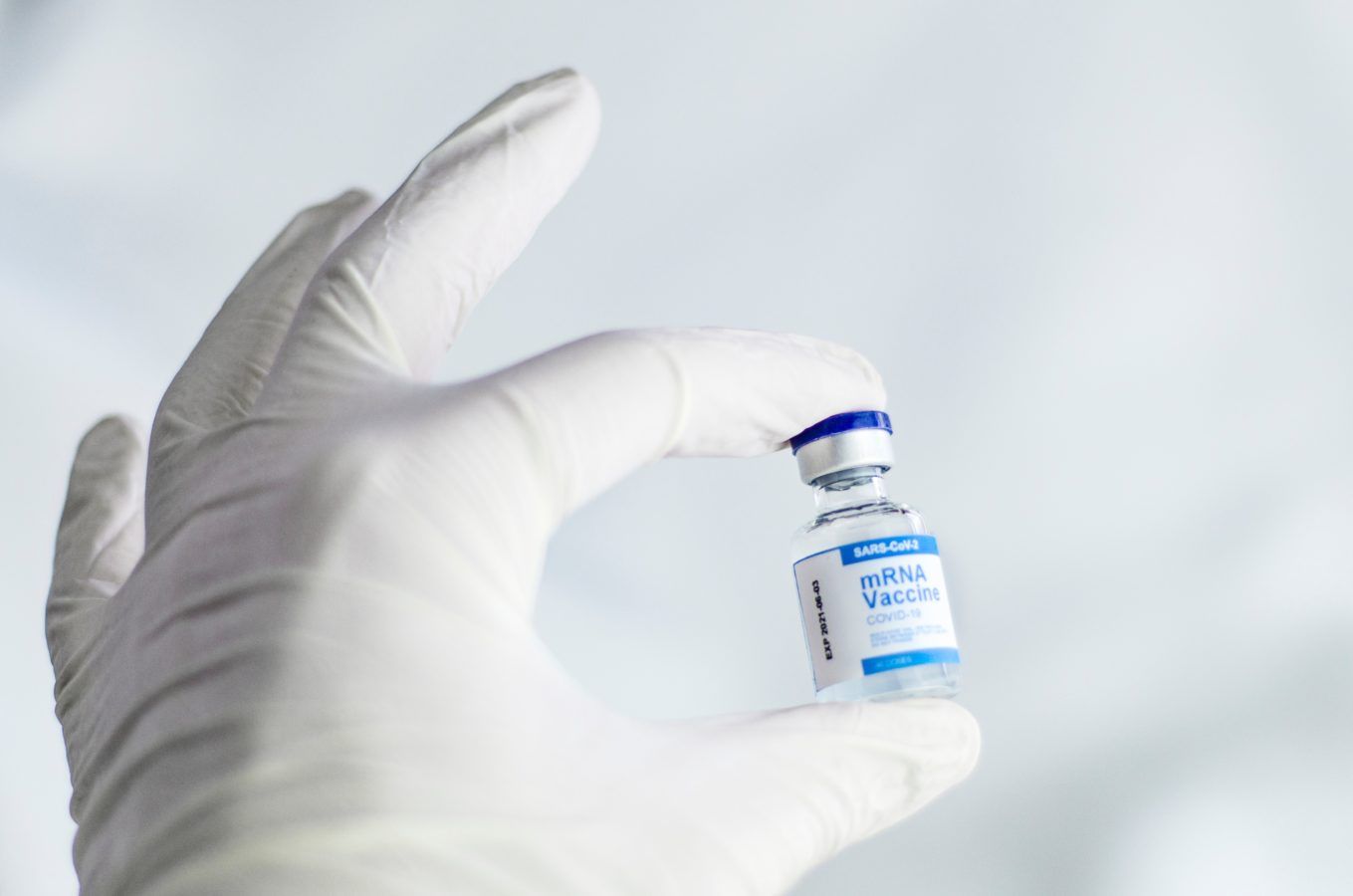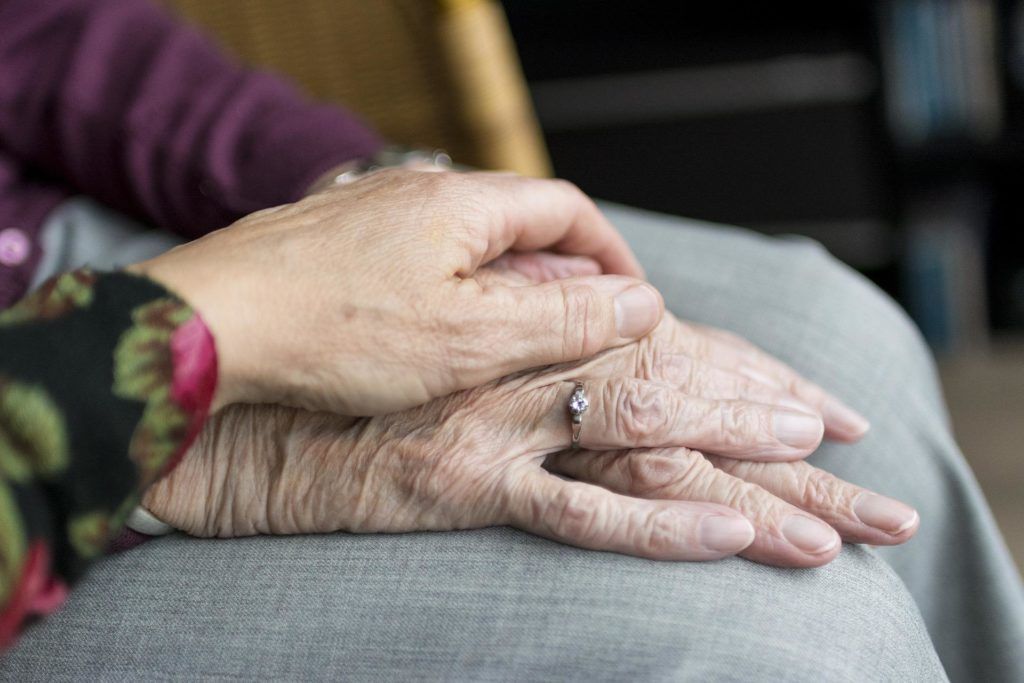
Despite some concern regarding the Covid-19 situation after the Songkran holiday, the Public Health Ministry's plan to declare Covid-19 endemic by July still persists.
Thailand's Public Health Ministry is still looking forward to declaring the prolonged Covid-19 as an endemic by July 1, 2022. Although it has been predicted that we could see a spike in cases and death rates after the Songkran festival, Dr Chakkarat Pitayowonganon from the Department of Disease Control states that it will take roughly two to four weeks to conclude. As of today's prediction, the worst-case scenario can reach over 100,000 cases per day, according to the Centre for Covid-19 Situation Administration.
Fortunately, we're now seeing a decline in the number of infections, from about 30,000 PCR tests per day before Songkran to 16,000 cases at the time of writing. Dr Chakkarat mentions that he is not much worried about the after-festival situation, for the risk group is mostly working people who already received booster vaccines and are likely to develop only mild symptoms.
[Hero and featured image credit: Spencer Davis/Unsplash]

The concern remains, however, in most elderly people, who make up to 90% of the death cases over the past week. Considering that young working people have the tendency to transmit the virus to the elderly at home, the situation is still one to be wary of.
Therefore, in order to prepare for the endemic stage, it's critical to encourage the two million senior citizens to receive their first shot as soon as possible.
Furthermore, for the time-being, the department has advised all public and private sectors to encourage their employees to work from home during the first week after the Songkran festival. Those who need to be in the office should take ATK tests regularly.
The ministry insists that unless other unprecedented risks emerge, such as the new variants, Covid-19 will be declared an endemic on July 1, 2022.